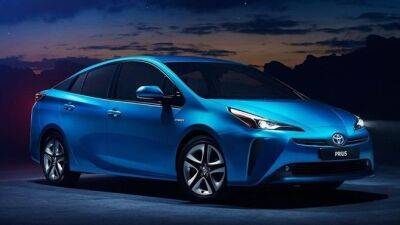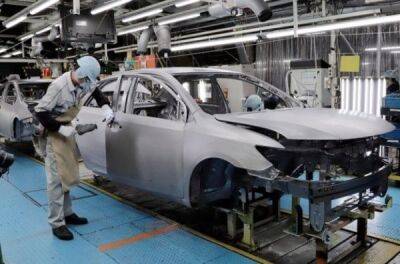Harvard engineers have invented a solid-state battery that outperforms current versions in both performance and reliability
The startup has an exclusive technology license from Harvard's Office of Technology Development to develop solid-state battery systems for electric vehicles. Based on lithium-metal technology, the battery can charge in as little as three minutes with over 10,000 cycles in its lifetime.
The coin-cell prototypes currently being developed by Adden Energy for lab testing may not look like much, but the company wants to eventually scale the battery up to a palm-sized pouch cell and even further to a full-scale EV battery.
"We set out to commercialize this technology because we do see our technology as unique compared to other solid-state batteries," said Xin Li, Associate Professor of Materials Science at Harvard and scientific advisor to Adden Energy. "We have achieved in the lab 5,000 to 10,000 charge cycles in a battery's lifetime, compared with 2,000 to 3,000 charging cycles for even the best in class now, and we don't see any fundamental limit to scaling up our battery technology. That could be a game changer."
The battery's new technology doesn't allow dendrites to form in the lithium-metal anodes. The electrolyte is solid, making it possible to achieve a high current density with no lithium dendrite penetration. The electrolyte has a "multilayer design," with the structure of having a less-stable electrolyte in between two more-stable solid electrolytes. The growth of dendrites happens inside the less stable electrolyte layer, but if any cracks do form, they are quickly filled by dynamically generated decompositions that are also well constrained".
According to a study published in Nature more than a year ago, the cycling performance of the lithium metal anode paired with a LiNi0.8Mn0.1Co0.1O2 cathode is very stable. The
Читать на autonews.autoua.net autonews.autoua.net
autonews.autoua.net









